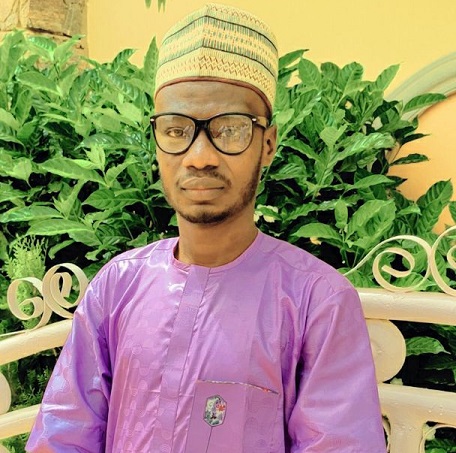By Lawi Auwal Yusuf
Some say that all poverty alleviation programmes would be a failure. Unfortunately, given the dispositions of our politicians, this is to a significant extent true because it suggests that they are not genuinely committed to dispelling all forms of deprivation. And this severe material lacking happens to reach its pinnacle that the idea of affluence is a contrived mirage, compromising the economic firmament upon which everything else must rest.
Poverty is the scarcity of material resources or the meagerness of the money needed to acquire those commodities believed to be required to maintain an acceptable living standard. Its a condition of severe deprivation of the basic human needs that include food, safe drinking water, healthcare, education, housing and sanitation facilities. It depends not only on income but also on access to services.
Poverty is deeply entrenched in Nigeria and ravages people’s lives devastatingly. It must be conquered because it leads to cycles of deprivation, whereas poverty is bequeathed from one generation to the other. However, any government that is not making genuine efforts to fight poverty is consciously pushing people deeper into it. This is because government policies significantly influence the extent of poverty. Therefore, impoverished Nigerians and the socially excluded must be helped to alleviate their plight.
Though welfare institutions have been designed to deal with the situations, at least on paper, the attempt to change the conditions of the poor fails because they are but dismal efforts, if not baseless paperwork. Inadequacy of the welfare state and the structure of society are responsible for poverty amid prosperity.
The welfare state is seen as the best remedy for overcoming poverty. Some social workers postulated that it helps tremendously in extirpating poverty and social exclusion and contended that it’s essential in solving many social problems. Therefore, full employment with prospects and increased welfare benefits would soon eradicate these intractable problems through redistributing wealth from the rich to the poor and significantly raising working-class living standards. However, critics argue that it does little to wipe it and even suggest it as a cause.
Asa Briggs said that “the welfare state exists where governments decide that the private enterprise is failing to meet the needs of its citizens. The welfare state might intervene to meet such needs by providing services such as health care, education, social housing, transport and social services; or by redistributing resources to those in need through benefits system.” This means that money can be redistributed to the poor through the benefits system, and welfare services can be used to minimise poverty.
The main problem with poverty eradication policies in this country is that they reduce the amount of poverty that truly exists. Hence, authorities attempt to deal with it through unfounded poverty alleviation programmes, frivolous economic empowerment schemes or even minor reforms. But, contrarily, its widespread are ruining Nigerians’ lives leading to social disorganisation, while deft changes are necessary to extricate it. Therefore, Nigerian policymakers must examine the problems in defining and measuring poverty and social exclusion, their causes and most importantly, the possible solutions.
Poverty is measured either in an absolute or relative term. Absolute poverty is usually based upon the notion of subsistence. This means that individuals are said to be poor if they lack the wherewithal to live decent lives. It is a judgment of basic human needs and is measured in terms of the resources needed for such living. Hence, it is much more concerned with establishing the quality and amount of food, shelter, clothing etc., deemed necessary to maintain physical, material, social and psychological wellbeing. On the other hand, when measuring poverty in relative terms, the prosperity of that society at a particular time must be considered before fixing its threshold.
The money needed for the subsistence level of existence must cover food, clothing, rent, schooling, fuel and light, and household and personal items. This must be adjusted according to family size.
Another contentious issue is whether poverty should be seen purely in material terms or must go beyond that. Supporters of the former view assume that poverty consists of insufficient material resources considered necessary to maintain a good everyday life. But, followers of the latter view believe it involves much more than material dearth. They see it as multiple deprivations with different dimensions.
For instance, there is a lack of educational opportunities, professional training or adverse working conditions. None of these conditions is directly related to an individual’s material possessions. It signifies radical societal changes rather than simply raising the income of the worst-off members. Tackling poverty in this sense would require a fairer redistribution of income, but also, it would require fundamental changes in the social structure.
Lawi Auwal Yusuf
Kano, Nigeria.

A plane truth